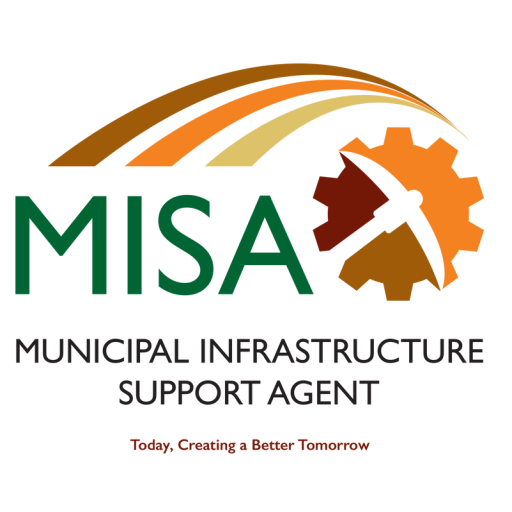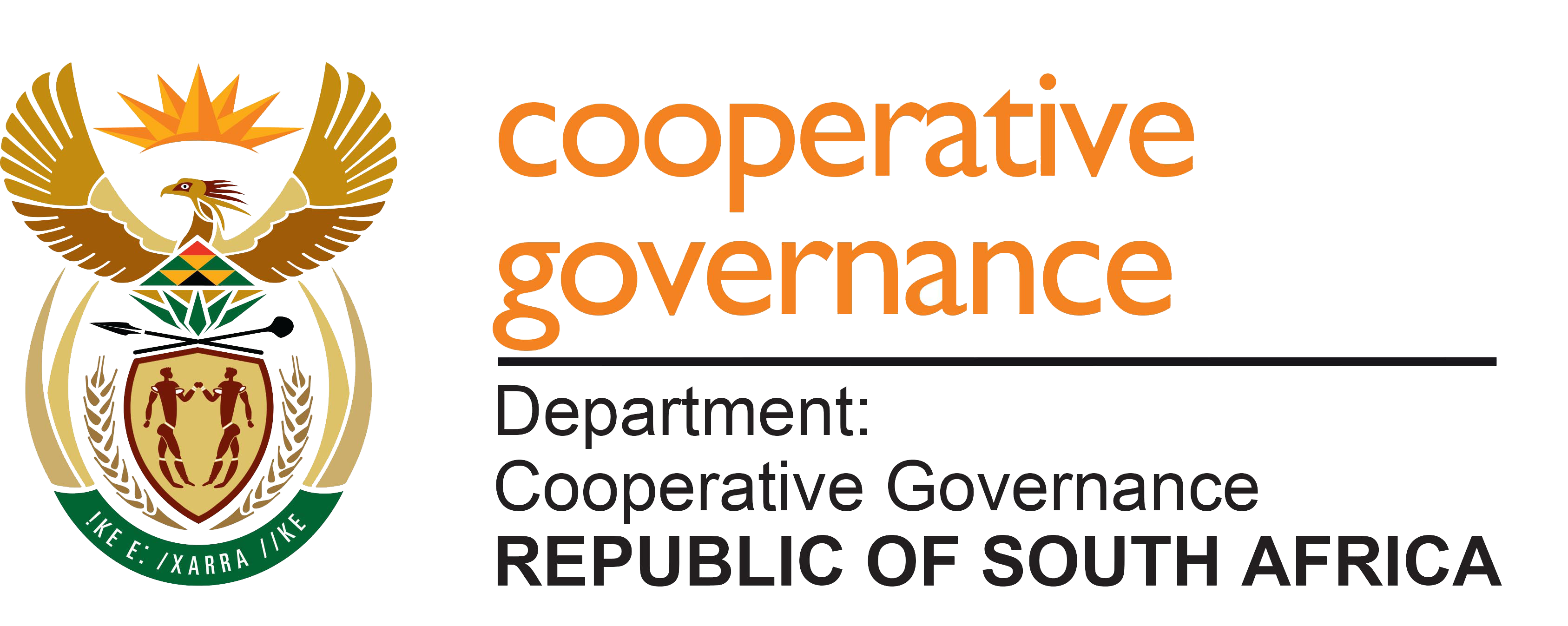About Our Technical Support Service
Purpose: The purpose of Technical Support Services programme seeks to enhance the capabilities of municipalities for improved municipal infrastructure planning, delivery, operations and maintenance. Its main focus is to manage the provision of technical support and capabilities to enhance the management of municipal infrastructure support programmes by:
1. providing assistance to selected municipalities in conducting infrastructure assessment and
analysis;
2. providing technical support and expertise to enable the delivery, planning, maintenance and land use management services in collaboration with relevant stakeholders; and
3. coordinating the development of technical skills to support the delivery of municipal infrastructure programmes.
Programme overview
The Programme coordinate the provision of technical support and assistance in conducting infrastructure assessments and analysis; coordinate the provision of technical support and expertise for municipal infrastructure delivery, planning, maintenance and land use management services with relevant stakeholders; coordinate the development of technical skills to support the delivery of municipal infrastructure support programmes.
The Programme consists of the following sub-programmes:
Sub-programme 2.1: Infrastructure Assessment and Analysis
The primary aim of the sub-programme is to lay a sound basis for establishing the support requirements for each of the selected municipalities. This determination is based on the on the outcome of the assessment of infrastructure assets condition, review of infrastructure maintenance budgets and expenditure trends and assessment of backlogs on access to basic service, among other focus areas. This assessment allows MISA to design support and intervention plans that appropriately response to the predetermined needs for each targeted municipality.

Sub-programme 2.2: Infrastructure Delivery, Maintenance and Stakeholders Coordination
The sub-programme provides technical support to municipalities based on the needs identified during the assessment and analysis stage. It also provides support to municipalities in relation to planning for land use management and spatial development frameworks. Furthermore, the IDMSC is responsible for coordinating other role-players such as sector departments, state-owned companies and provincial government towards the integrated delivery of municipal infrastructure.
Sub-programme 2.3: Technical Skills
The main role of this sub-programme is to strengthen the capacity within municipalities for planning, delivery and maintenance of municipal infrastructure. This is achieved by facilitating workplace opportunities in municipalities for graduates, apprentices and learners in technical disciplines and technical training for municipal officials. It further support municipalities in the recruitment of qualified technical personnel and mentoring of learners placed in municipalities for workplace learning.
Municipal Capacity Development Plan (MCDP)- Is the process through which Municipalities identify gaps, which deters them from developing, implementing operating and maintaining infrastructure to enable them to provide basic services to their communities. Such gaps can be institutional, individual, environmental and infrastructure-related. This plan aims to allow MISA the ability to identify the needs of the Municipality so as to be able to give relevant technical support. MISA also coordinates and address the gaps identified by municipalities through various interventions. MCDP is also intended to equip the Project Manager with capacity so that the Project Manager can ensure that the MCDP is aligned with the Intergrated Development Plan(IDP). As a start, MISA is currently piloting 7 plans in 7 Local Municipalities in Limpopo namely; Greater Giyani, Greater Tzaneen, Blouberg, Lepelle-Nkumpi, Ephraim Mogale, Elias Motswaledi, and Collins Chabane.
Municipal Infrastructure Capacity Development Framework
Artisan Development Programme (Apprenticeship) – These students are recruited from TVET colleges and placed within Municipalities for a duration of 2-4 years. This placement allows them to get practical experience in trades such as plumbing, electrical, diesel mechanic, bricklaying, millwright, fitting and training, carpentry; these trades are required for Operations and Maintenance in Municipalities. During this period, MISA pays them a monthly stipend, provides them with protective clothing also pays for their training and trade testing so they can acquire the certificates.
Experiential Learners: These are tertiary students currently pursuing their tertiary qualifications in the built environment. They are provided experiential training to enable them to graduate in built environment. This program spans over 12-24 months. They are placed in Municipalities where they get experience in Civil Engineering, Electrical Engineering, Town and Regional Planning, Environmental Management, Project and Construction Management etc. They are placed in different Municipalities and MISA provides them with a monthly stipend, protective clothing and basic tools. Recruitment window opens once every year.
Young Graduate Programme: These graduates have already acquired their formal qualifications in built environment but lack practical experience. They are placed in municipalities for a period of two years. MISA pays them a monthly stipend. Upon completion of the programme, the graduates should be registered as professional engineers.
Bursaries: Are awarded to learners who wish to or are currently pursuing their qualifications in the built environment. MISA pays for tuition, books, accommodation and a monthly allowance.
Training of Municipal Officials: MISA provides enabling refresher courses to municipal officials whose work is technical in nature i.e procurement, tendering, contracting, spluma etc. with an aim of enriching and refreshing their knowledge.
Artisan Recognition of Prior Learning: These are municipal employees with extensive work experience in the artisan field but lack formal qualifications. MISA takes them through assessments up until the trade test so that they become fully qualified artisans.
Artisan Placement Program: These are qualified artisans who underwent the apprenticeship (no1) but could not find employment, MISA places them with Municipalities for a period of 12 months with the hope that municipalities will absorb them. The placement is not only limited to artisans it also includes water process controllers. MISA pays their salaries for the 12 months, provides protective clothing and tools of trade.


